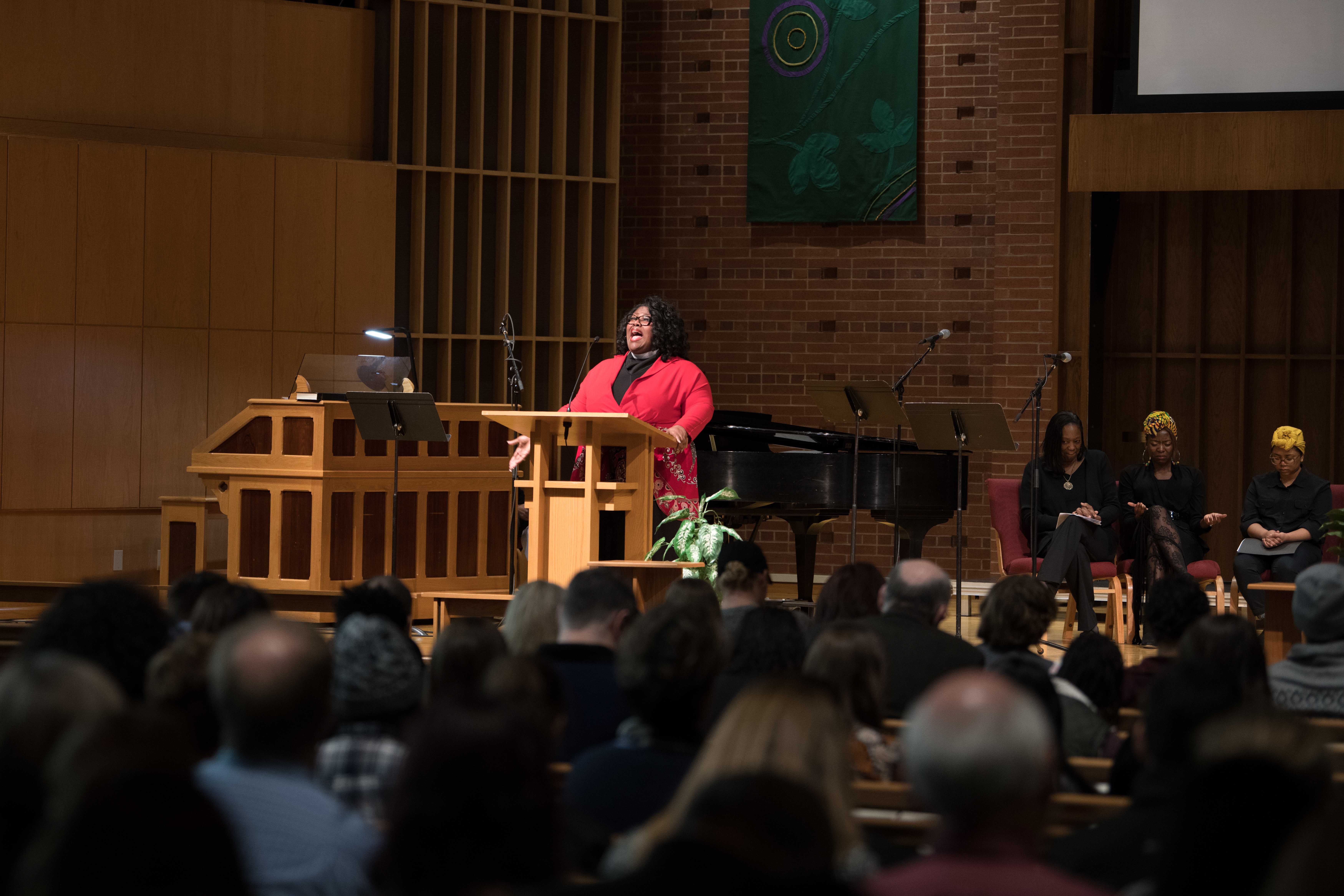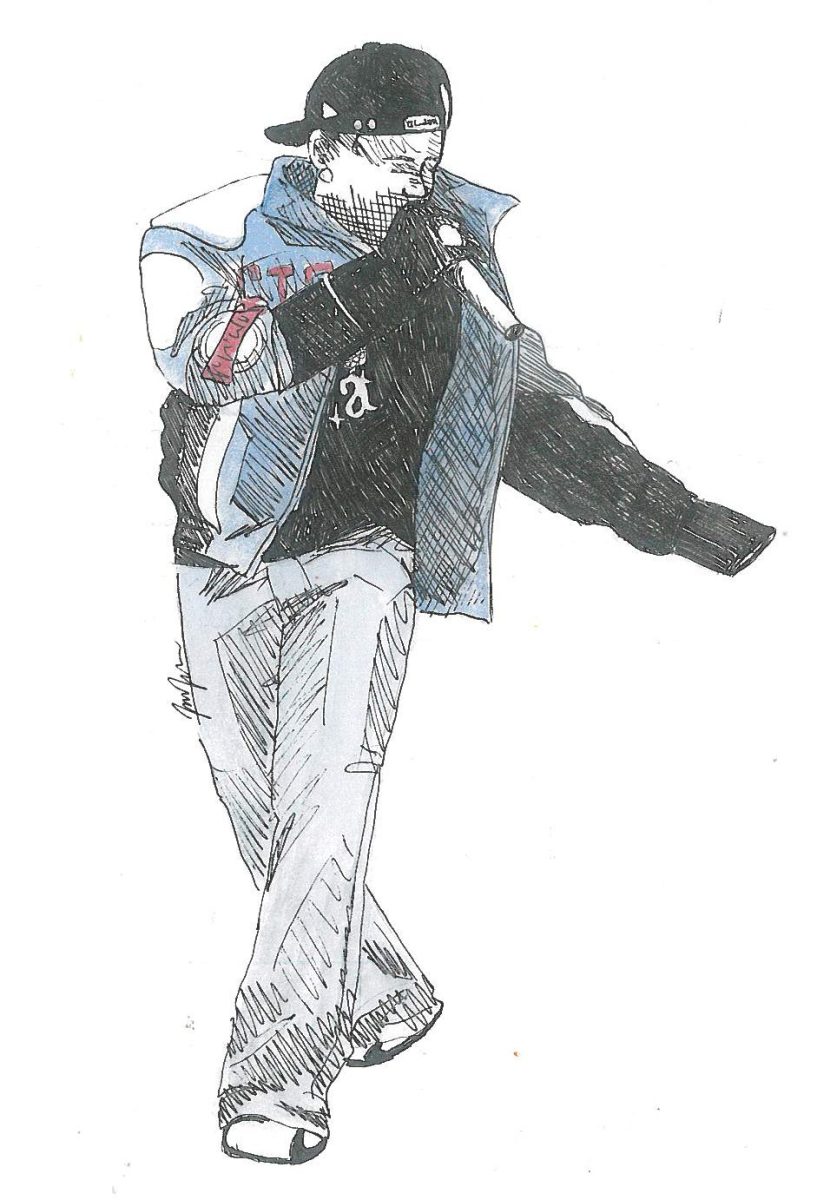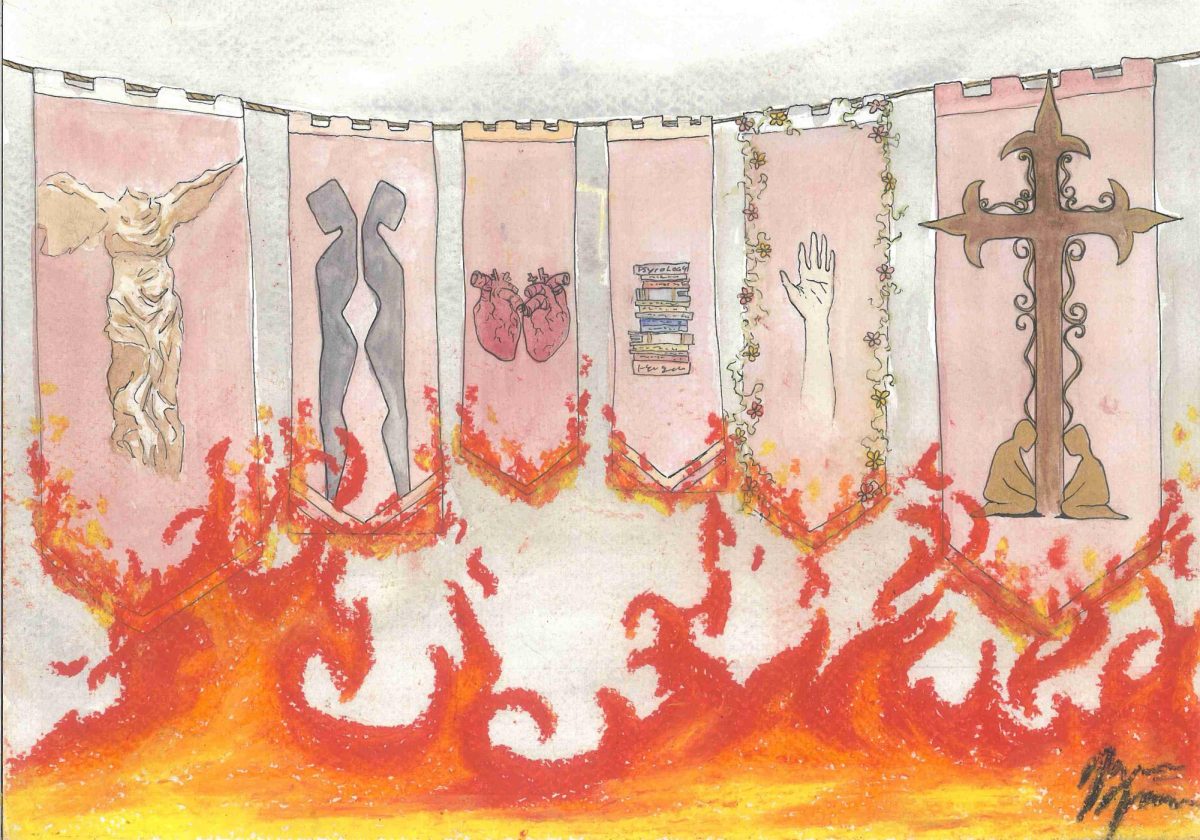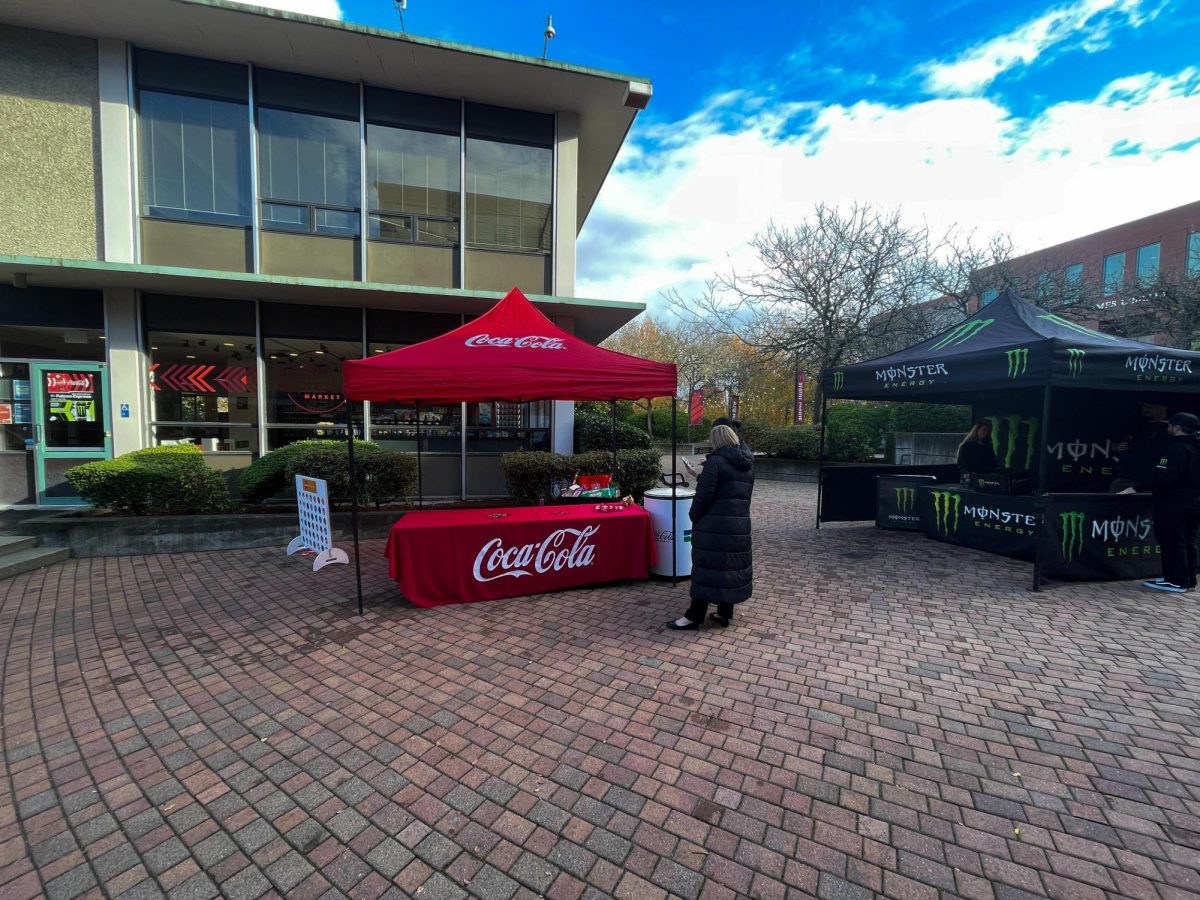Rev. Dr. Brown leads MLK chapel service
A polite, quiet congregation exploded into applause as they responded to the Rev. Dr. Kelle Brown’s short, impactful sermon in First Free Methodist Church.
“May we redefine patriotism as the act of not passively watching what’s going on and refusing to interrupt them, for fear of not appearing that we are a part of the tribe,” Brown emphasized.
First Free was especially full on Tuesday morning due to the special theme of the chapel service, the celebration of Martin Luther King Jr. Day. The service contained performances by students and faculty, all focused on the themes of King’s message of equality, and the experience of being Black in America. These included poetry readings, songs, instrumental pieces and even an interpretive dance.
Overall, the general consensus from every speaker, singer and other performer was that of striving towards a world free of injustice, a goal they share with King himself.
The service opened with a slideshow, showing scenes from America’s segregated past and civil rights activists of note such as Rosa Parks and King himself. The slideshow also showed more current images, such as photos of police brutality and Black Lives Matter protests. These images reminded the audience that these racial issues are not solely ones of the distant past — they surely existed in the lives of Parks and King, but they also exist for us in 2018.
The readings and songs also reflected this theme, discussing issues that feel relevant and relate back to news stories and current events that most students recognize.
For instance, early in the service, sophomore People of Promise winner Diamond Tate read the “Nonviolent Pledge of the Civil Rights Movement, 1963” in honor of King’s legacy.
In contrast, a dance was performed by Caenisha Warren to a short recording of King, as well as a song entitled Precious Lord. The presentations were diverse, but shared the common message of struggle for equality.
Seattle Pacific University President Dan Martin, who was in the audience for the event, wrote in an email that he “really appreciated and was impacted by the service’s multi-dimensional engagement: readings, music, dance, Dr. Martin Luther King quotes, imagery and the preaching.”
The diverse set of performances and imagery that Martin referenced kept the audience’s rapt attention throughout the hour-long service, interspersing songs with poetry and other mediums.
Taylor Delahoussaye, who works at the John Perkins center as the public relations director for Latreia, shared her testimony about her time at SPU and how she came into her current position.
She says that, after about a year of her honeymoon phase with the school, she became disillusioned and started noticing some areas that needed growth.
She wanted to use the faith that brought her to the school to make changes in our community; she felt called to take action, and she did so by getting involved with JPC.
She writes in an email that the experience of speaking at the event was “nerve-wracking, but empowering!” When Priscilla Onyedikachi Ozodo, minister of worship and production, asked her to share her testimony, she was worried about angering students who agree with and enjoy the way SPU does things.
However, she also knew that her story was important and powerful.
“I … knew that this was an opportunity to let students and faculty of African descent know that they are not alone in their feelings toward the decisions and actions of this institution. I wanted people to know that my story is unique but it is not the only story like this, which should be a problem and concern for this campus,” Delahoussaye wrote.
She explained that she knew she had to do something to advocate for her point of view and what she had come to understand about SPU.
“Many people are afraid, angry, frustrated and don’t know how to voice or advocate for change on campus, so I decided to work with Priscilla and members of ASA and BSU on trying to find a way to reach out to students an[d] faculty,” Delahoussaye said.
“If we want change to happen, then we have to speak, act and be united to make the efforts happen.”
Brown’s sermon closed out the event, taking approximately the last 20-30 minutes of the event to drive home her points about justice and equality.
Towards the beginning of her sermon, she took the time to give the audience background on the racial climate during and even after the life of King, as well as the ways that his faith influenced his reactions and his service.

She detailed King’s legacy, including the parts that are less frequently referenced, with great reverence and respect for the work he did.
“I want to honor that he graduated from high school at the age of 15, and started college that same year. I want to honor his life, that he was a minister by 26 and finished his Ph.D by 30.
I want to observe this day, and say that he was in the midst of genius and he was a genius himself.”
She also was very emphatic about how we as Christians should be emulating King, and what we can learn from his life and service.
“This is a marker to check who we are as Christians,” she said of the holiday, “to check ourselves before we wreck ourselves. To do just diligence to lady justice so that we might see where we are in the scheme of things.”
Brown told the congregation of King’s lifelong faithfulness, his love of God and the way he followed his calling for action and justice.
“Dr. Brown’s message was inspirational and challenging,” President Martin said. “ I left more committed to exploring avenues in which I might invest further in advancing righteousness and justice.”



















































































